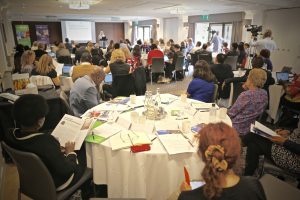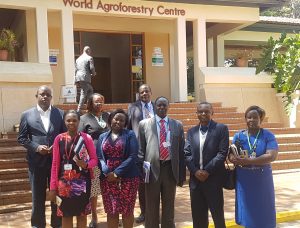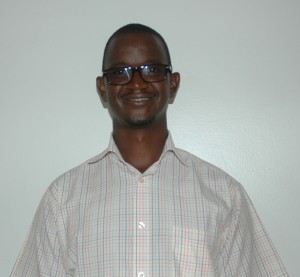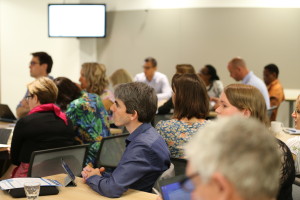Local knowledge for local challenges
From secret diseases in south Asia to plant-based healers in west Africa, last week's Publishers for Development conference had plenty of stories and examples of how local research, based on global and local knowledge, is making a difference to local issues.





